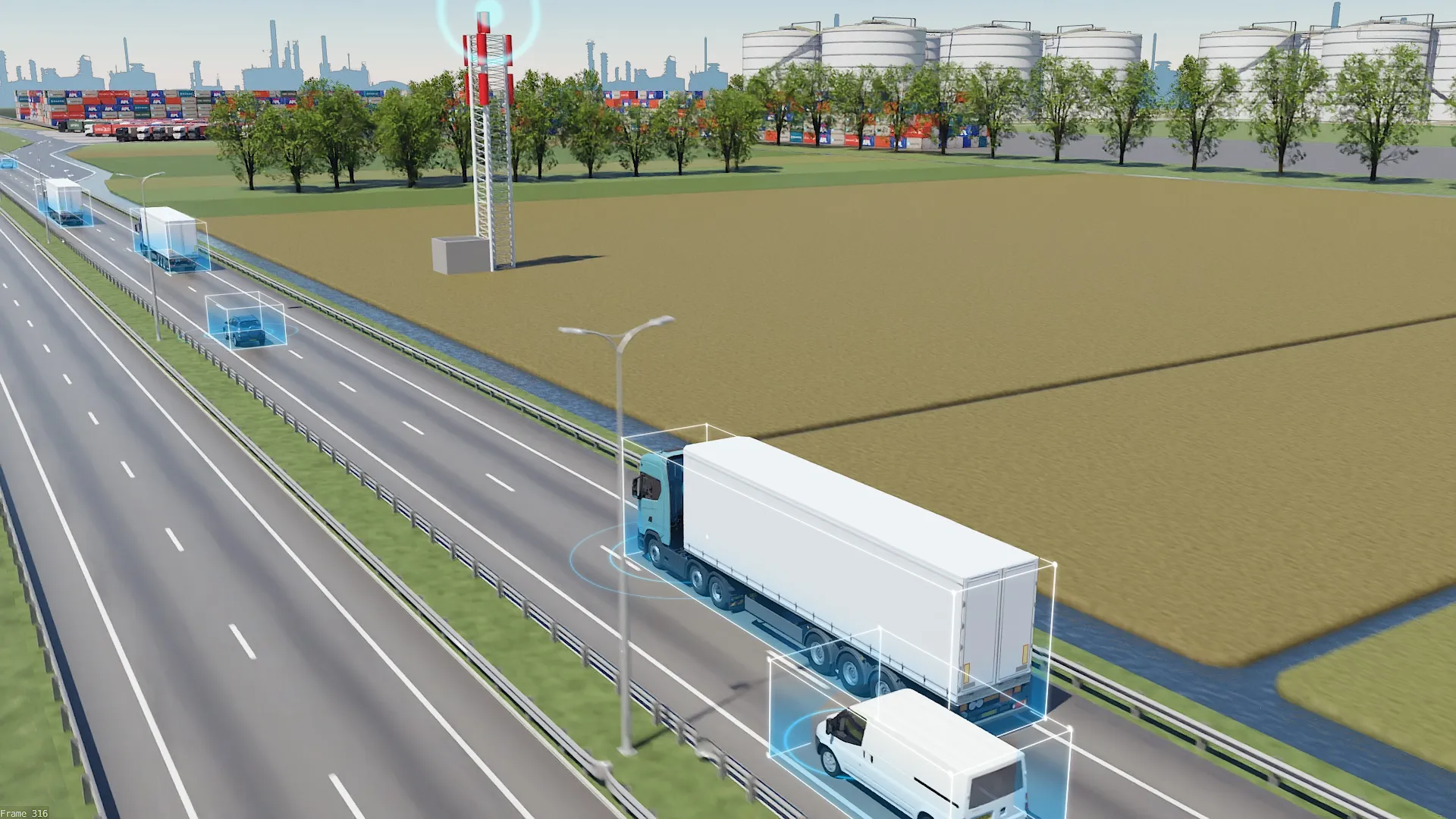Six European truck manufacturers will bring platoons of semi-automated trucks to public roads, crossing borders from various European cities in order to reach their final destination of the Port of Rotterdam on 6 April. The overall objective of this European Truck Platooning Challenge is to accelerate the introduction of truck platoons by putting the subject high on the agenda of EU policy makers.
According to the European Automobile Manufacturers’ Association (
However, reacting to the announcement that the UK will start platooning trials,
Semi-automated trucks take to European roads
Six European truck manufacturers will bring platoons of semi-automated trucks to public roads, crossing borders from various European cities in order to reach their final destination of the Port of Rotterdam on 6 April. The overall objective of this European Truck Platooning Challenge is to accelerate the introduction of truck platoons by putting the subject high on the agenda of EU policy makers.
June 8, 2016
Read time: 1 min








